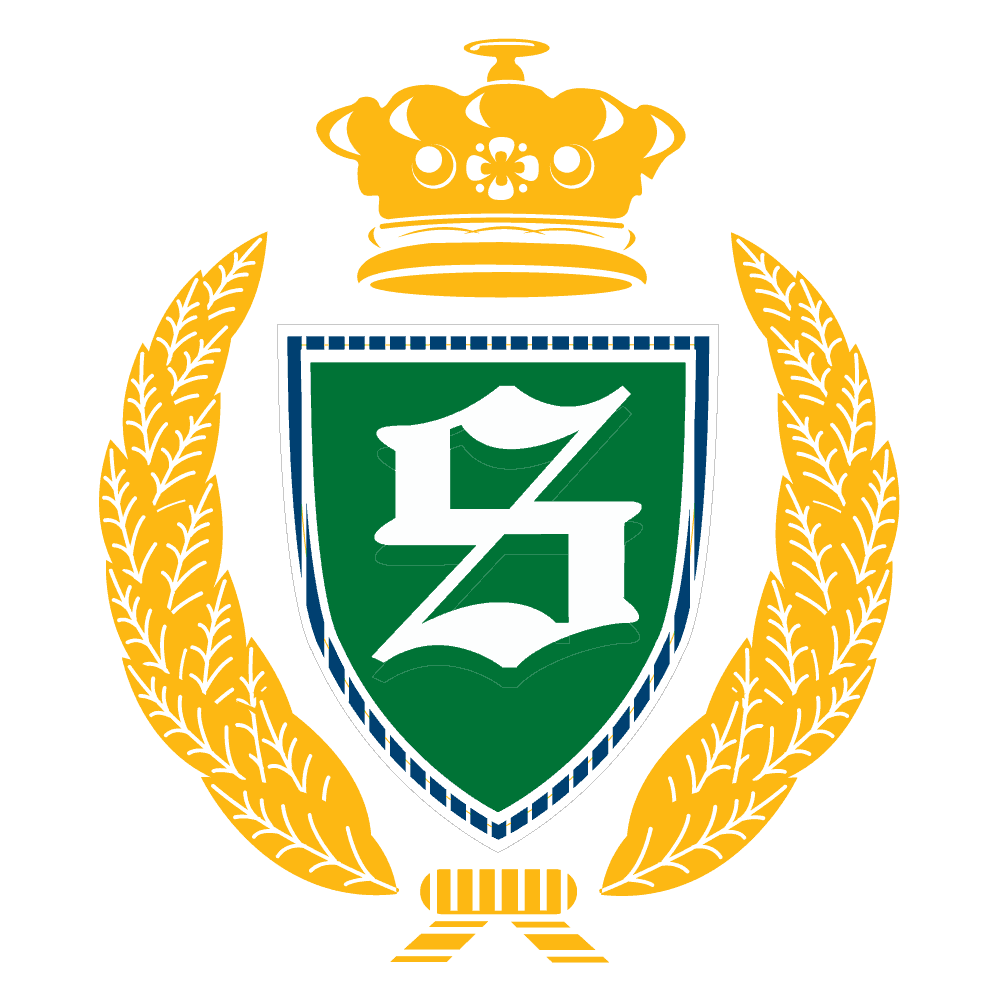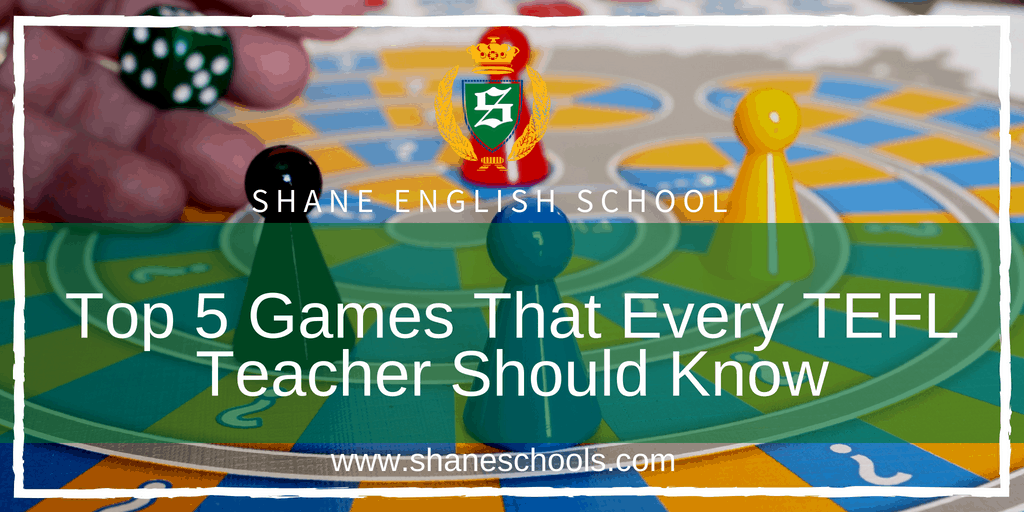Every TEFL teacher has their favourite games and activities that they use time and time again. There are many games which are better suited to certain age groups (or even certain nationalities!) but there are also games which can be adapted to suit any learner group. When you’re starting out, learn as many new games as you can to get a good foundation to choose from. In this article, we’ll talk you through a number of ‘bread and butter’ games which many teachers add to their collection of favourites.
Fly Swat/Flashcard Game
The Game: When teaching or reviewing vocabulary, flashcards are an invaluable tool. Once the students are familiar with the words, you can review by calling out a piece of the target language and getting the student to touch the correct flashcard. You could place the flashcards around the room (so that they have to run to the correct one – great for young learners) or you could line the flashcards up for the students to whack with a fly swatter (great for competitive pair work, or one-by-one for shy/unconfident student groups). For older learners, mini flashcards are better than big, cardboard ones – they could be just the text, just the picture, or both.
Age / Level: Any age or level, but great for young learners and lower levels
Stage of lesson: Great for a review at the end of the class, or for consolidation after a presentation stage
Prep / Props: Cardboard printed or hand drawn flashcards, fly swats to make it more of a game
Ball Pass
The Game: If you want students to practice speaking, but only want one student speaking at a time, use realia. A ball is a great prop because it can be passed, thrown or rolled. Even adults will get on board with a pass-the-ball game (as long as the ball isn’t, for example, bright pink and covered in Hello Kitty!) You can use ball passing games to practice anything from single vocabulary words to dialogues. For an alphabet game, get the students to pass the ball and say a word starting with the correct letter of the alphabet (apple… beach… chaos…). To practice a certain lexical set, just set the boundaries – for example, animal alphabet (anteater… bear… camel…). You can get students to practice target language with a sentence starter to be completed (on the weekend I played golf… on the weekend I ate fries…). Or you can use the ball pass to ad lib a conversation around the class (Hello, what’s your name?… I’m Maria, and I love pizza… oh, me too! But I love chicken wings best… yuck, I can’t stand meat!) Be creative, and remember that with a ball throw game, it makes it more fun to throw randomly rather than just in a circle.
Age / Level: Any age or level, but great for young learners and lower levels
Stage of lesson: Great for a warmer
Prep / Props: Write sentence starters/target language on the board, a ball/beanbag/soft toy
These not catching your interest? Maybe you need 15 Simple Flashcard Games Your Kindy Kids Will Love
Call My Bluff
The Game: A super-easy verbal game for intermediate learners. Typically, students will write down three things about themselves. Two are true, and one is a lie. They then read out the sentences (or do it as pair/group work) and the other students guess which one the lie is.
Age / Level: Teens / adults, and intermediate or above
Stage of lesson: Great for a warmer
Prep / Props: Paper, pens, whiteboard
Shopping List
The Game: Another great verbal game (that also tests memory!) this is actually quite a flexible game for practising target vocabulary. Basically, you have a sentence starter with a list at the end, which grows each time a new speaker repeats it (for example: “I like pizza… I like pizza and fries… I like pizza, fries and bananas”). You can use it for shopping (I went to the shops and I bought…), or for sightseeing/holidays (I went to the beach and I saw…), for future tenses and conditional forms (if I win the lottery I will buy…) specific lexical sets, such as animals (I went to the zoo and I saw…). Just be creative!
Age / Level: Middle school to adults, pre-intermediate upwards
Stage of lesson: Great as a warmer or to consolidate
Prep / Props: Nothing but a good memory!
Unscramble
The Game: Want your students to review before a spelling best? Try this game. Write a target word on a piece of paper and cut it into individual letters. The students then have to guess what the word is and rearrange the letters. You can also do this on the board by scrambling the letters. For example – donkey… e-o-d-n-y-k. This can also be done with target sentences, for example – I like to eat cheese… cheese-eat-like-I. Make it competitive by having students work in teams.
Age / Level: Middle school to adults, pre-intermediate upwards
Stage of lesson: Warmer, cooler or consolation
Prep / Props: Paper, pen, scissors, whiteboard
Need some games to keep kids moving? Check out Active Games for Young Learners
Summary
There are countless games that can be played in a TEFL classroom, and we all have our favourites. Learn new games by observing seasoned teachers, by watching Youtube clips and reading pedagogy blogs. Favourites are great, but it’s always good to mix it up!
For more teaching tips, visit our Teaching Tips blog. Are you looking for a teaching job overseas? We’re hiring through our recruitment division, Saxoncourt Recruitment.
About the Author
Celia Jenkins is a freelance writer and TEFL-trained English teacher who spent five years teaching in Asia. She specialises in travel writing and writing for children, and has a penchant for knitting. Celia is the author of Knitted Sushi (easy knitting patterns for beginners) and Ben and Maki – Let’s be Friends (an English/Japanese bilingual picture book). To contact Celia about freelancing work, check out her Upwork profile or contact Celia through her website.

We're hiring!
With schools around the world, Shane English School always has exciting new opportunities to offer.


